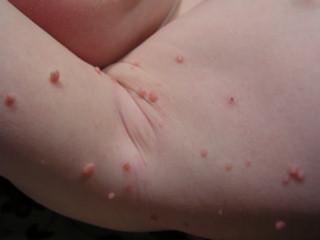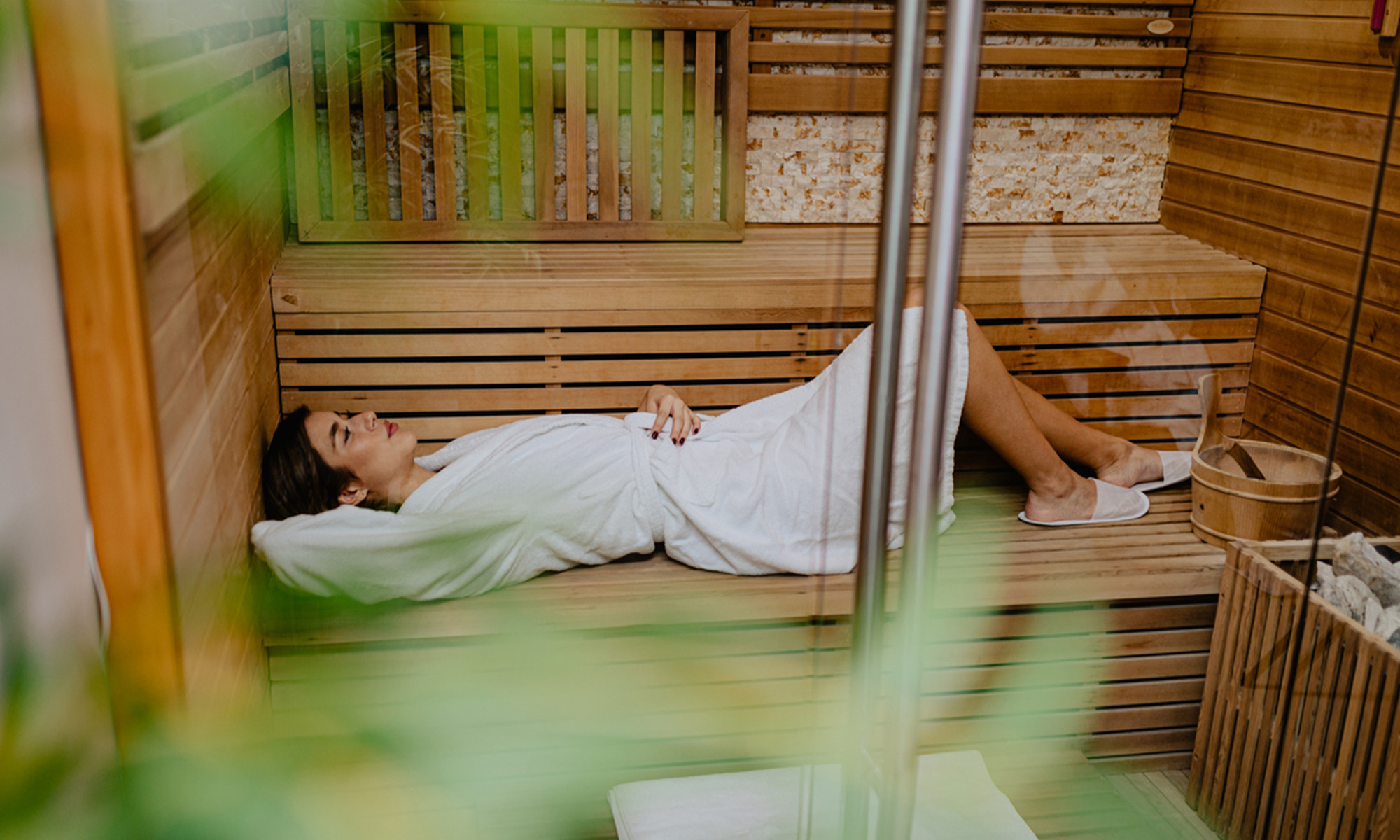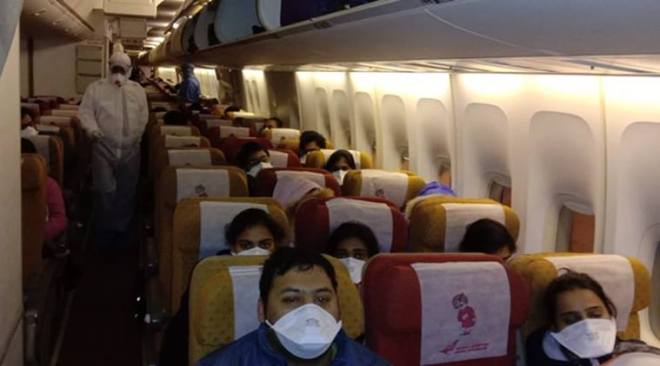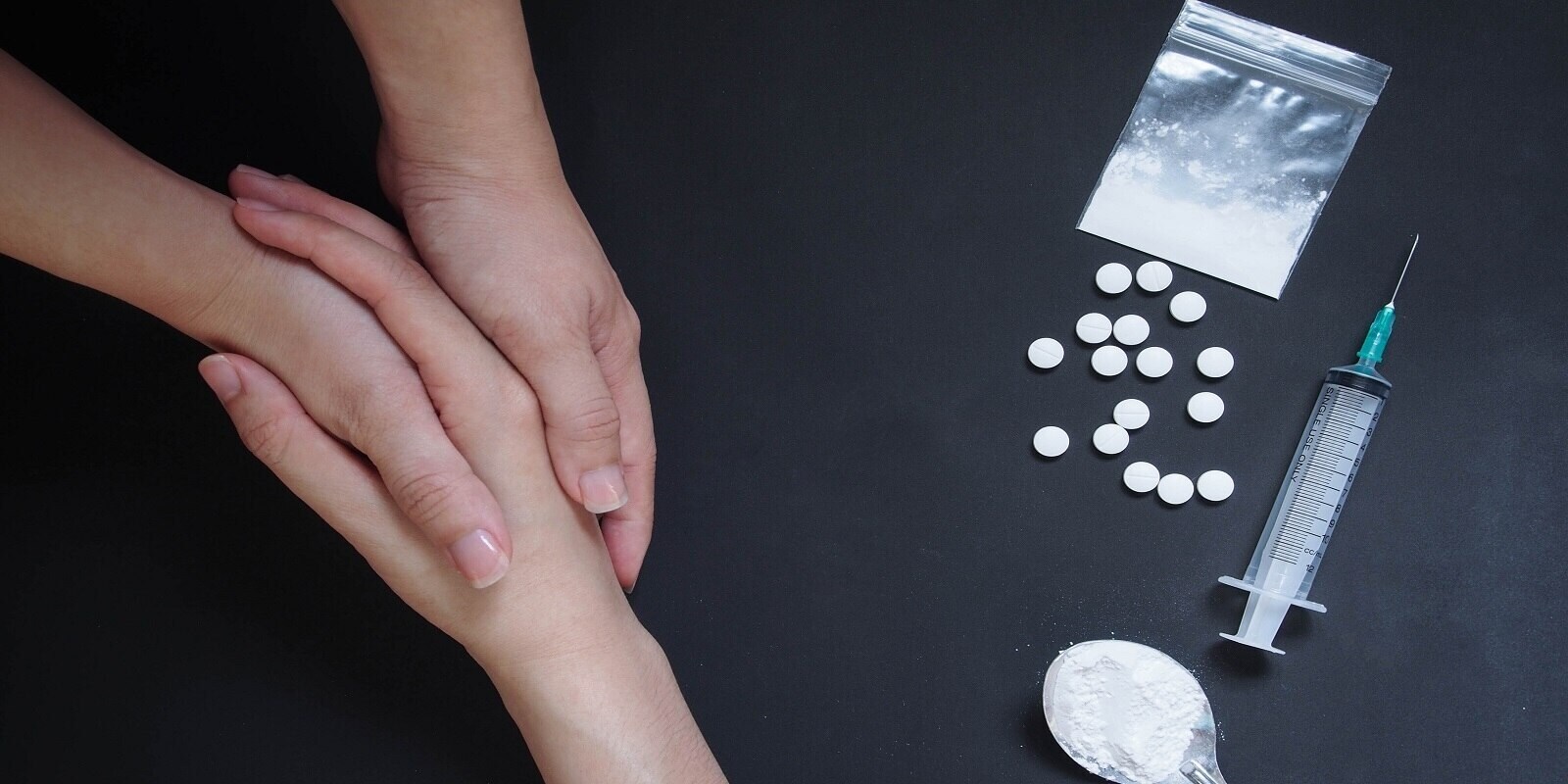Molluscum contagiosum is a common, contagious skin infection caused by a virus. It is seen most often in children and those with weakened immune systems. It is also seen in people who have close contact with an infected person or surface. The virus causes small bumps that are usually painless and not itchy. They can range in size from a pinhead to the size of a pencil eraser.
The bumps may be clear, white, pink or red in color and have a dimple in the center. They may also form clusters on the skin. It is important to take steps to protect yourself from molluscum contagiosum as it is highly contagious and can spread easily from person to person through direct contact with skin lesions, contaminated objects, or through sexual contact. Here are some tips for preventing molluscum contagiosum:
- Wash your hands often with soap and water.
- Avoid sharing personal items such as towels, clothing, or razors.
- Avoid touching or scratching any bumps on your skin.
- Cover any open wounds with a bandage.
- Avoid sexual contact until the condition has cleared up.
- Keep the affected area clean and dry.
How to Identify Molluscum Contagiosum
Molluscum contagiosum is a skin infection caused by a virus. It is highly contagious and can be spread through direct contact with an infected person or object. The virus can also be spread through sexual contact. The most common symptom of molluscum contagiosum is small, flesh-colored bumps on the skin. These bumps typically have a dimple in the center and may be topped with a white, waxy substance. They are usually between 1 and 5 millimeters in size and can appear anywhere on the body, including the face, neck, armpits, groin, and genital area.
Other symptoms of molluscum contagiosum include itching or burning around the bumps. In some cases, they may also cause pain or discomfort when touched or rubbed. In rare cases, the bumps may become inflamed and red due to scratching or irritation from clothing. If you suspect that you have molluscum contagiosum, it is important to see your doctor for confirmation and treatment options.
Your doctor will be able to diagnose molluscum contagiosum based on its characteristic appearance and by performing a physical exam. In some cases, they may also take a sample of tissue from one of the bumps for further testing in order to rule out other conditions such as skin cancer or warts.
Ways to Avoid Getting Molluscum Contagiosum
Molluscum contagiosum is a common skin infection caused by a virus. It can affect people of all ages, but it’s most common in children between the ages of 1 and 10. While it’s not serious, it can be uncomfortable and unsightly, so many people want to avoid getting it in the first place. Here are some tips on how to protect yourself from molluscum contagiosum:
- Wash your hands regularly. This is one of the most important steps you can take to protect yourself from molluscum contagiosum. Wash your hands with soap and water for at least 20 seconds every time you touch someone or something that could be contaminated with the virus.
- Avoid touching affected areas. If you come into contact with someone who has molluscum contagiosum, don’t touch their affected areas. The virus can spread through direct contact with infected skin.
- Don’t share personal items. Sharing items such as towels, clothing, and even toys can spread the virus. Be sure to keep your personal items separate from others’ to reduce your risk of contracting molluscum contagiosum.
- Keep cuts and scrapes covered. Open wounds are more vulnerable to infection, so if you have any cuts or scrapes on your skin, make sure they’re covered up when around someone who may have molluscum contagiosum.
By following these simple steps, you can reduce your risk of catching this virus and avoid getting molluscum contagiosum.
Treatment Options for Molluscum Contagiosum
Molluscum contagiosum is an infectious skin condition caused by a virus. It is characterized by small bumps on the skin that can range in color from white to pink or red. While the condition is usually not serious, it can be contagious and uncomfortable. Fortunately, there are a few treatment options available if you have molluscum contagiosum.
The first option is to simply wait it out. The virus that causes molluscum contagiosum is typically self-limiting, meaning it will go away on its own over time without any intervention. This may take several months, so it’s important to be patient and practice good hygiene habits during this time to minimize the risk of spreading the infection to others.
If you’d rather speed up the healing process, there are medical treatments available as well. Your doctor may recommend cryotherapy, which involves freezing off the bumps with liquid nitrogen. Another option is topical creams such as imiquimod or podophyllin resin, which are applied directly to the affected area and work by stimulating your body’s immune system to fight off the virus. Finally, your doctor may also suggest laser therapy, which uses intense light beams to destroy the bumps caused by molluscum contagiosum.
No matter which treatment option you choose, it’s important to practice good hygiene habits and avoid touching or scratching the affected area in order to prevent further spread of the infection. Additionally, always talk with your doctor before beginning any new treatment program for molluscum contagiosum in order to make sure it’s safe and effective for you.
Tips to Prevent Spreading Molluscum Contagiosum
Molluscum contagiosum is a skin condition caused by the molluscum contagiosum virus. It is a contagious virus that can be spread through close contact with an infected person, or from touching contaminated objects or surfaces. As such, it’s important to take steps to prevent spreading the virus.
- Wash your hands often with soap and water for at least 20 seconds.
- Avoid touching the lesions on your skin.mlb66 ir
- Clean and cover any affected areas with a bandage or clothing.
- Don’t share personal items such as towels, razors, clothing, bedding, and washcloths.
- Avoid contact sports or activities that involve direct skin-to-skin contact.
It is also important to keep the affected area clean and dry. Avoid using lotions or creams on the area as this could increase the risk of infection. If you have molluscum contagiosum, consult your doctor for treatment options.










